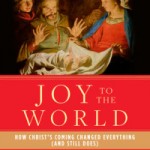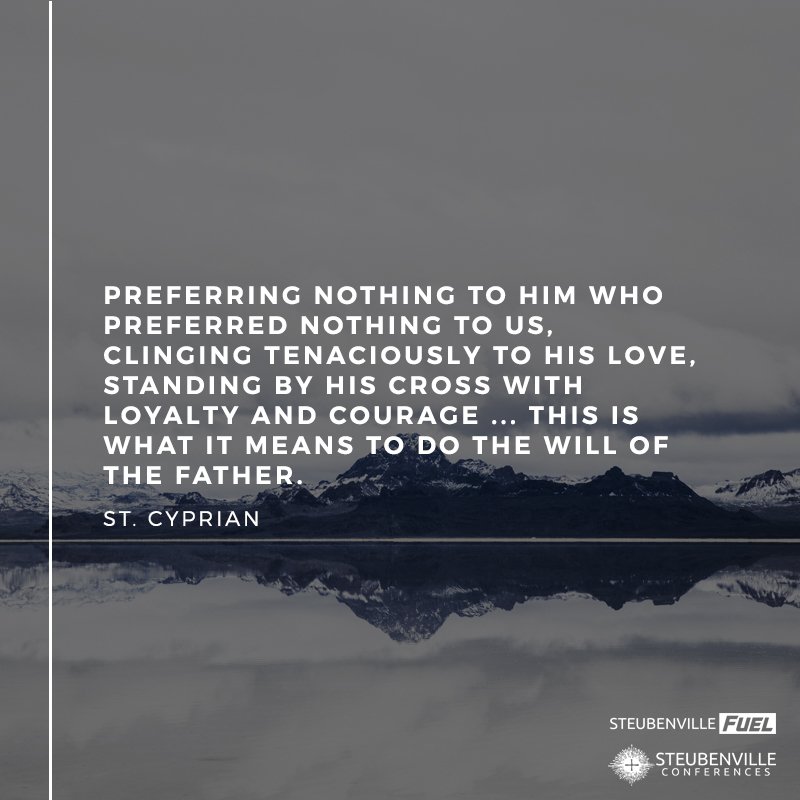It’s that changing-of-the-calendar time again.
There are memories we run through. Regrets we have. Resolutions we make. There tends to be lots of reflection on losses and gains. There is unfinished business.
And there is a conscience to examine.
And — please, God — we look ahead with hope.
But hope for what?
I’ve been thinking a lot about people who have died this year. The end of the year seems to necessitate it. Christmas notes you can’t send, among other things. We often naturally think: “I can’t believe he is gone.” And yet, the memories of a beloved elder priest friend who died, a great artist and light (Karen Goodwin), a beloved daughter of a Father she brought people to (Helen Hitchcock), among others, bring peace, too. And inspiration. Their time is over and now what are we making of the time we still have?
I think of famous people too, as so many the retrospectives around this time of year tend to. The memory of Robin Williams makes me determined to pray more for people whose jokes I’ve laughed at or who have gotten me to relax or reflect on one thing or another. Maya Angelou was amazed by the unearned, undeserved generosity of the love of God and she expressed this awe and gratitude in her writing. Joy. Joy. Have joy in the new year. Because what a love we celebrate at Christmas (as Scott Hahn writes wonderfully about in his Joy to the World). What a love we have. Don’t believe lies that would have you think otherwise, that plague so many, as Dr. Aaron Kheriaty writes so beautifully and heartbreakingly about in his Catholic Guide to Depression.
Earlier this week I posted an interview with Dr. Jon Fielder, an American medical missionary in Kenya, on National Review Online. He pointed to this wise, stabilizing quote:
Nothing worth doing is completed in our lifetime; therefore, we are saved by hope. Nothing true or beautiful or good makes complete sense in any immediate context of history; therefore, we are saved by faith. Nothing we do, however virtuous, can be accomplished alone; therefore, we are saved by love. No virtuous act is quite as virtuous from the standpoint of our friend or foe as from our own; therefore, we are saved by the final form of love, which is forgiveness.
Even as we celebrate with family and friends, these last and first days should be sober and motivating ones.
This morning I came across a reflection on the passing of time from Fr. Gabriel of St. Mary Magdalen in his great collection, Divine Intimacy, and found it quite striking, eye-opening, and even indicting. Time passes. And what are we doing with it? Are we distracted? Are we enslaved by schedules and burdens that are not bringing us closer to our eternal home?
Obviously, we have quite practical and proper duties. But are we infused with knowledge of the love of God and overflowing gratitude as we go about our business? And are we meeting needs of others out of love? Or are we simply all talk — or box-checking with Mass on Sunday (and even everyday! Is any human immune to the lukewarm temptation when we have work to do and people to see and gadgets to entrance us?) — about this “Christian” thing?
As we leave one year to God’s mercy and another to God’s providence, here’s a meditation to pray sticks (bold I added in case you’re in a rush):
Time passes and does not return. God has assigned to each of us a definite time in which to fulfill his divine plan for our soul, the time for our life on earth. For each of us this is “the acceptable time … the day of salvation” (2 Cor 6:2), in which we must work diligently to cooperate with the grace given us for our sanctification; we have only this time and shall have no more. Time ill spent is lost forever. Our life is made up of this uninterrupted, continual flow of time, which never returns. In eternity, on the contrary, time will be no more; we shall be established forever in that degree of love which we have reached now, in time. If we have attained a high degree of love, we shall be fixed forever in that degree of love and glory; if we possess only a slight degree, that is all we shall have throughout eternity. No further progress will be possible when time has ended. St. Paul urges: “Let us not grow weary in well-doing, for in due season we shall reap if we do not lose heart. So then as we have opportunity, let us do good to all men” (Gal 6:9-10). Each passing year is a warning to treasure each present moment and to sanctify it with charity. We must give each moment its full amount of love, and make each passing moment eternal, by giving it value in love.” (Sr. Carmela of the Holy Spirit, O.C.D.)
Charity sanctifies every action, even the most trivial and indifferent, and confers upon it a value for eternal life. In fact, “love urges us to live more intensely for him who died for us and rose again. We strive, therefore, to please the Lord in all things… Thus when we have finished the one and only course of our earthly life, we may merit to enter into the marriage feast with him and to be numbered among the blessed” (Lumen Gentium 48). By living in this manner we carry out the divine plan for our soul, and reach that level of love that God expects of us, and with which we shall love and glorify him for all eternity.
He goes on to say:
We have only the short days of this earthly life to grow in love and if we wish to derive from it the greatest possible benefit we must apply ourselves not only to doing good works, but to doing them with our whole heart, and with all the generosity of which we are capable, overcoming the inertia and pettiness which always makes us inclined to the least effort. Then love will grow immeasurably and we shall be able to give the Lord the beautiful witness of St. Therese of the Child Jesus: “Your love … has grown with me and now it is an abyss, the depths of which I cannot fathom” (Auto. IX).
But what are these good works we must accomplish? Those which are pointed out to us through the will of God; only these can sanctify. Jesus used to say: I “must work the works of him who sent me, while it is day. Night comes when no one can work” (Jn 9:4). This is why he became man: “I have come to do your will, O God” (Heb 10:7); this is why he lived: “Did you not know that I must be in my Father’s house” (Lk 2:49). Life has one single purpose for Jesus, one single obligation: the will of his Father, the interests of his Father, the glory of his Father.
To be one of Jesus’ followers means trying to relive his conduct fully, realizing that only one thing matters: “attending to the Father’s business.” Instead of this, how many times our lives are dispersed in all directions and in so many useless activities, in passing things that disappear with time and only reflect the vanity of the world. Only the time that is dedicated to God and to fulfilling his will will endure; being fixed in God makes man participate in his immutability. Then the passage of time will not cast a shadow of sadness on our lives, but rather fill our hearts with joy because it brings our eternal meeting with God closer. May each passing year be a step forward toward our true home, and each day be marked with yearning for the Lord: “Come, Lord Jesus (Rev 22:20).
And here’s how Fr. Francis Fernandez puts it in his In Conversation with God:
Our life too is a path full of tribulations and of God’s consolation. We have a life in time which we are now living, and another life outside of time to which we are making our way. The time at our disposal is an important part of the inheritance God has left us. Time represent the separation between the present and that moment when we stand before God with our hands either empty or full. Only now in this life can we obtain merit for the next. In fact, each single day of ours is a period given us by God, so that we may fill it with love for him, with love for those around us, with work well done, with putting virtues into practice; in a word, a life full of good works pleasing to God’s eyes. Now is the time to amass the treasure that never perishes. For each one of us it is the acceptable time. Behold, now is the day of salvation (2 Cor 6:2). Once it is past, there will be no other time.
The time each one of us has at his disposal is short, but long enough to tell God we love him and to accomplish the work he has given us.
This is a good time to encounter Divine Mercy.
May we only do His will. Ask forgiveness when we do not. And flourish in love of Him in this new year. Father, Son, and Holy Spirit, help us, strengthen us, give us courage, let us never forget Love in your truth and mercy.
Happy new year! May it be blessed!












